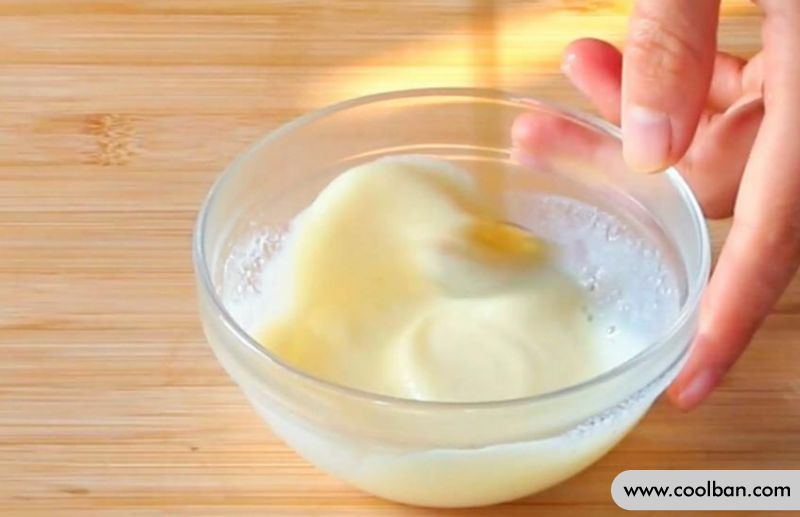Can I use mineral water to make milk powder
2022-03-20
Children are the joy of every family and the treasure in the hands of their parents. Almost every family gives the best for their children. In families who cannot breastfeed, milk powder has become a life-saving ration for children. Many parents love their children and don't worry about the tap water at home. They choose to use mineral water to make milk powder for their children. Is this feasible?
All parents care about their children equally, but I am a firm believer in what works best. After the child's physical development is stable, the tap water can also be used to make milk powder. It does not require overly fine feeding. Conversely, it will lead to malabsorption of the child's gastrointestinal development.
The water used to brew milk powder is just as important as the milk powder. Improper use of water can even affect the absorption of milk powder. Taking mineral water as an example, mineral water contains a large amount of trace elements such as phosphate and calcium phosphate. Nutrition is beneficial, but it can be a disaster for babies whose stomachs are not yet fully developed. Long-term use of mineral water as children's milk powder can easily lead to indigestion and constipation. What kind of water should I use?

All parents care about their children equally, but I am a firm believer in what works best. After the child's physical development is stable, the tap water can also be used to make milk powder. It does not require overly fine feeding. Conversely, it will lead to malabsorption of the child's gastrointestinal development.
